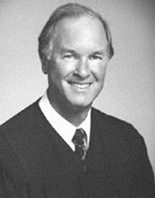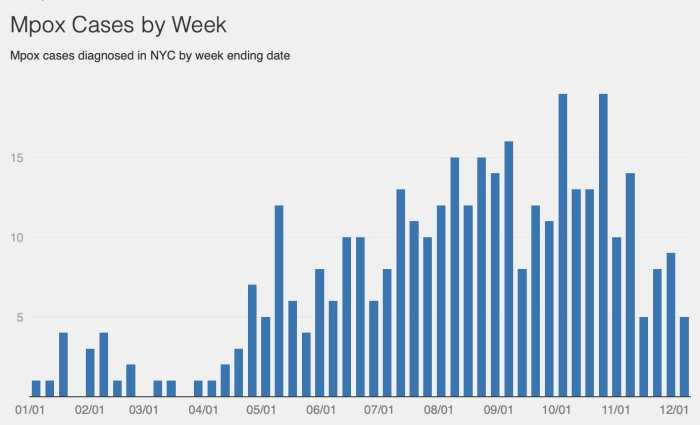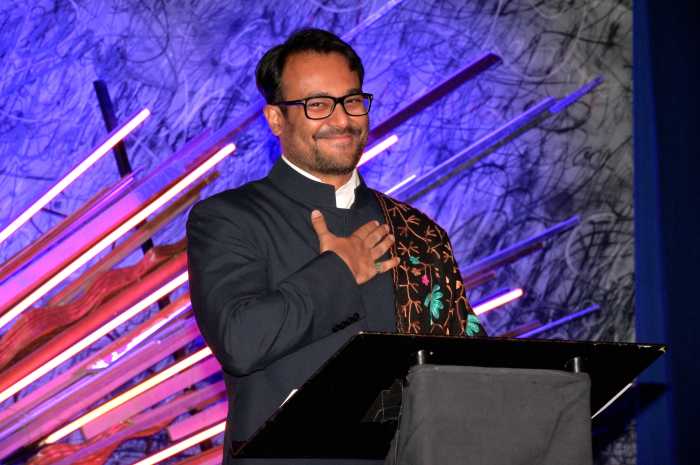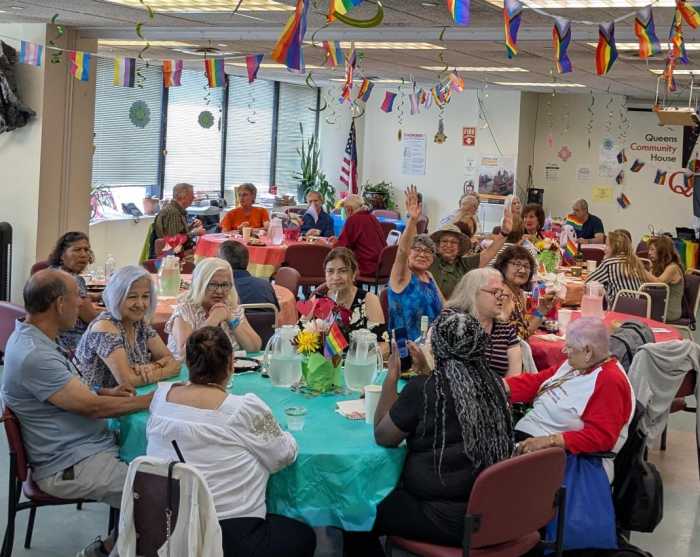Appeals court says state DOMA does not void broad partnership statute
A second attempt by the Campaign for California Families—a group that supported Proposition 22, the 2000 ballot measure that enacted a state Defense of Marriage Act (DOMA)—to have the state’s domestic partnership law declared invalid has failed. In a unanimous ruling issued on January 27, a three-judge panel of the 3rd District Court of Appeal stated the same conclusion it had reached last year in considering a similar challenge to an earlier version of the domestic partnership law––that the state DOMA has nothing to do with domestic partnership.
Legislative proponents of legal recognition for same-sex partners in California have proceeded along two tracks. The more conservative approach, championed first in the 1990s, was to enact a minimalist domestic partnership registration law and then to pass a series of amendments strengthening the law until it provided all the state law benefits that pertain to marriage. The bolder track was to propose a law opening up marriage to same-sex partners.
Both tracks achieved success in the Legislature. The last set of amendments to the Domestic Partner Rights and Responsibilities Act went into effect in January 2005, effectively extending to registered same-sex partners the same state law rights and responsibilities that legally married spouses have. Reflecting this commitment to equality, the Legislature later narrowly passed a same-sex marriage bill, only to have it vetoed last fall by Republican Governor Arnold Schwarzenegger, who said the pending lawsuits seeking marriage under the state Constitution should be allowed to run their course in light of the passage of Proposition 22.
The Campaign for California Families had challenged an earlier version of the domestic partnership law, resulting in a decision by the 3rd District court last year, which ruled that the state DOMA did only two things. First, it prohibited same-sex marriages in California. Second, it prohibited the recognition of same-sex marriages performed out of state. The court pointed out that unlike DOMAs passed in some other states, the California version had not gone further to prohibit civil unions or domestic partnerships, and thus the Legislature was not constrained from passing the partnership law.
Coming back for a second try, the Campaign argued that the latest version of the law, by making the rights of marriage and partnership equal, had crossed the line and achieved a back-door repeal of what the voters had enacted. Justice Arthur G. Scotland, writing for the court, rejected this argument.
After restating the court’s conclusions from last year’s decision, he wrote, “Furthermore, in light of the numerous differences between domestic partnerships and marriages with respect to (1) the rights conferred on the relationships, (2) the mechanism for forming and terminating the relationships, and (3) the legal recognition of the relationships by other states, we concluded, ‘the Legislature has not created a “marriage” by another name or granted domestic partners a status equivalent to married spouses.’ Rather, the Legislature made a policy decision to grant many of the rights associated with marriage to same-sex couples to encourage them to register as domestic partners.”
Scotland concluded that the state Supreme Court’s decision last year upholding a discrimination claim by a lesbian couple denied spousal membership at a country club did not change the situation in favor of the plaintiffs in this case, as they argued, but rather confirmed that Proposition 22 did not stand in the way of legislation protecting same-sex partners from discrimination.
gaycitynews.com





































